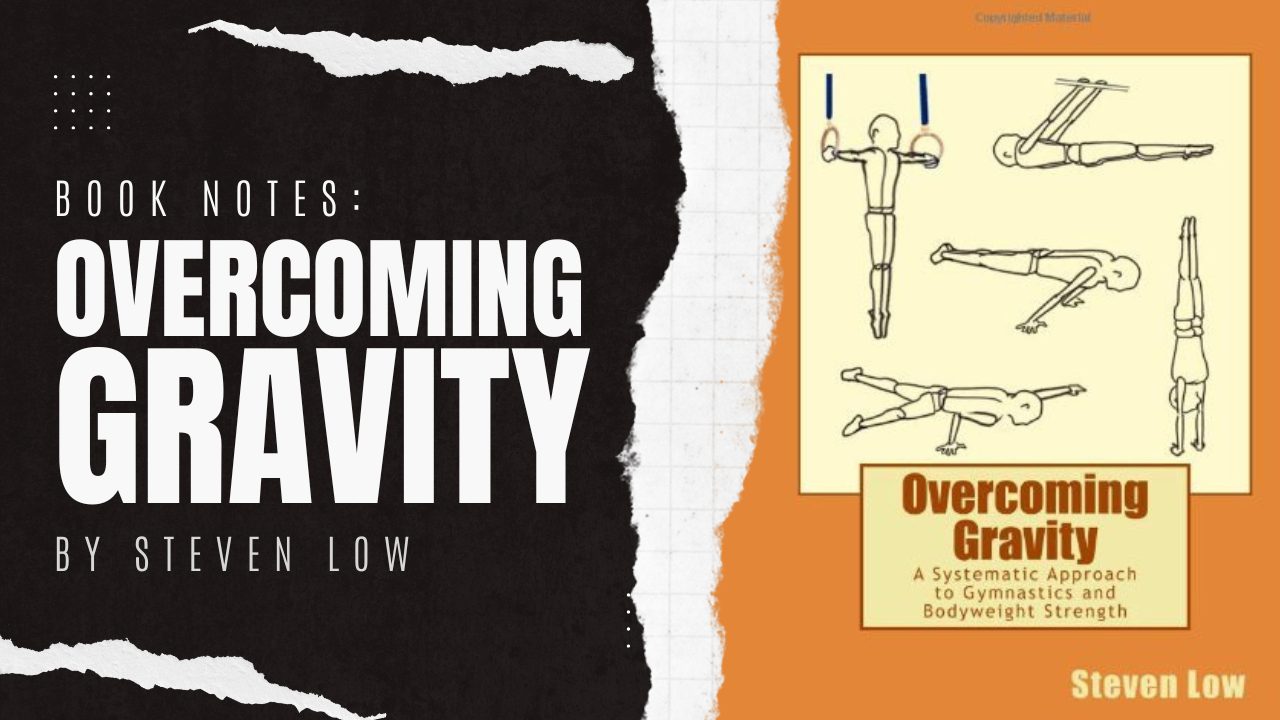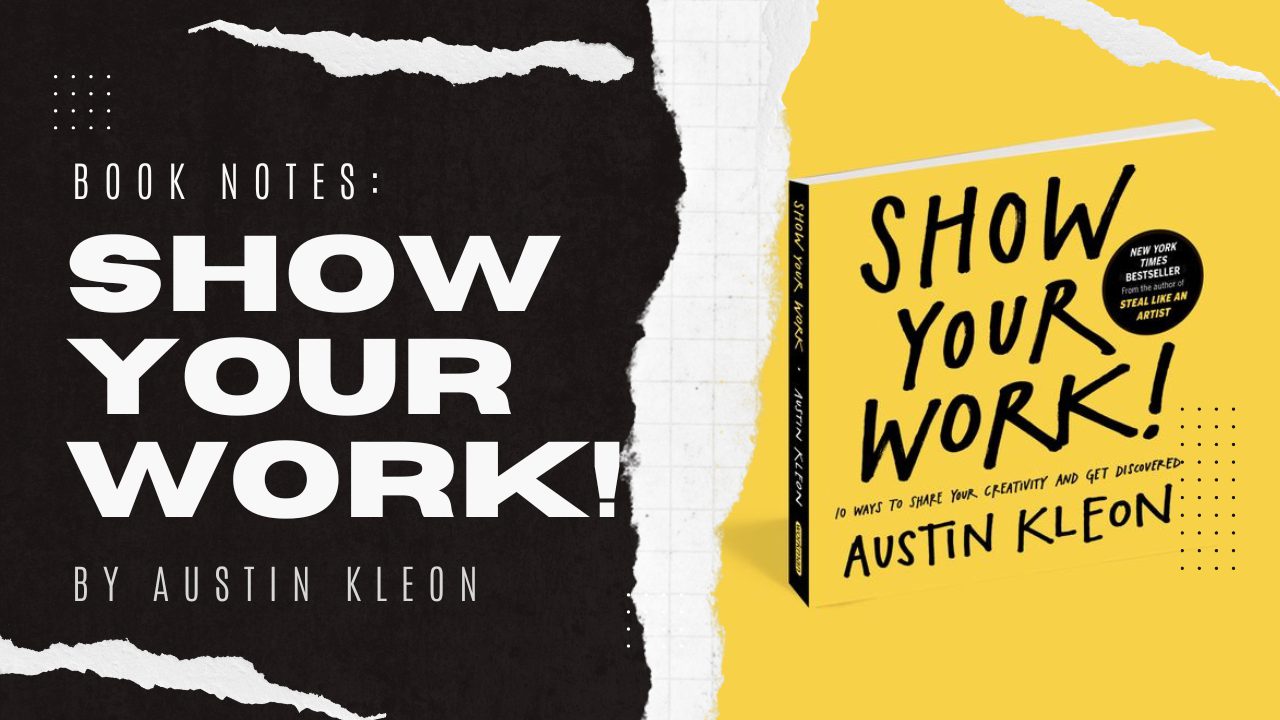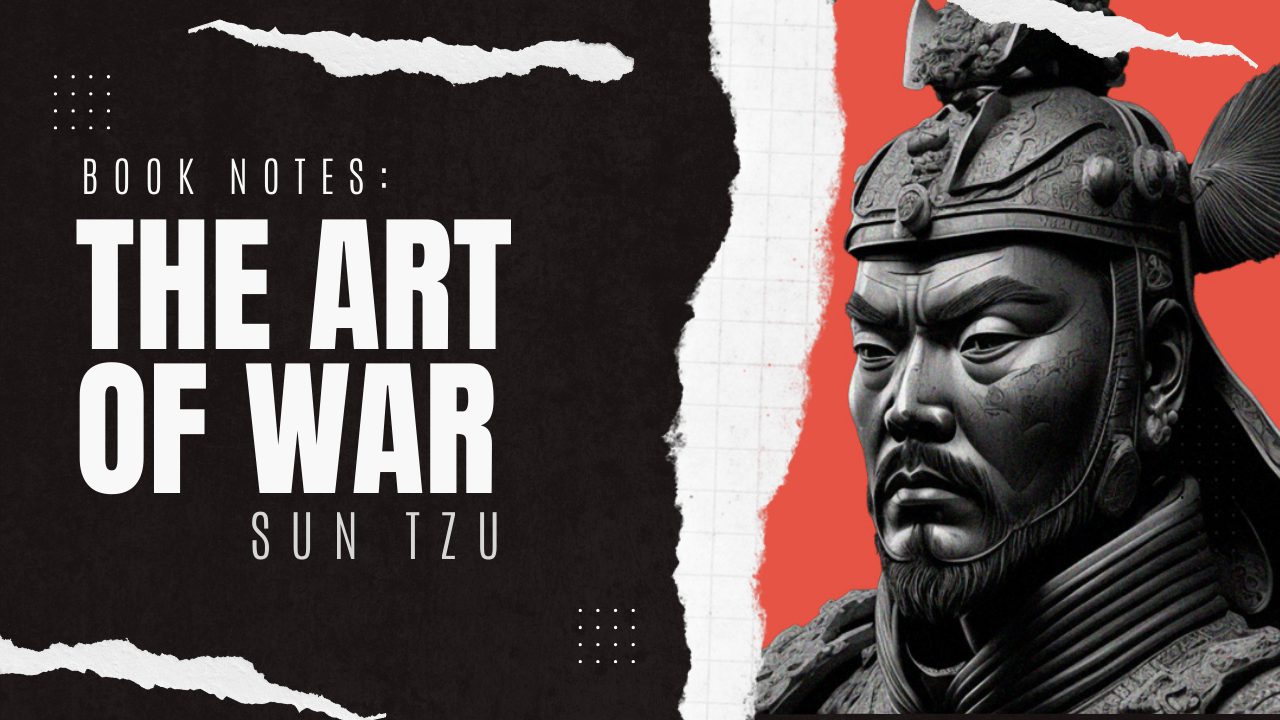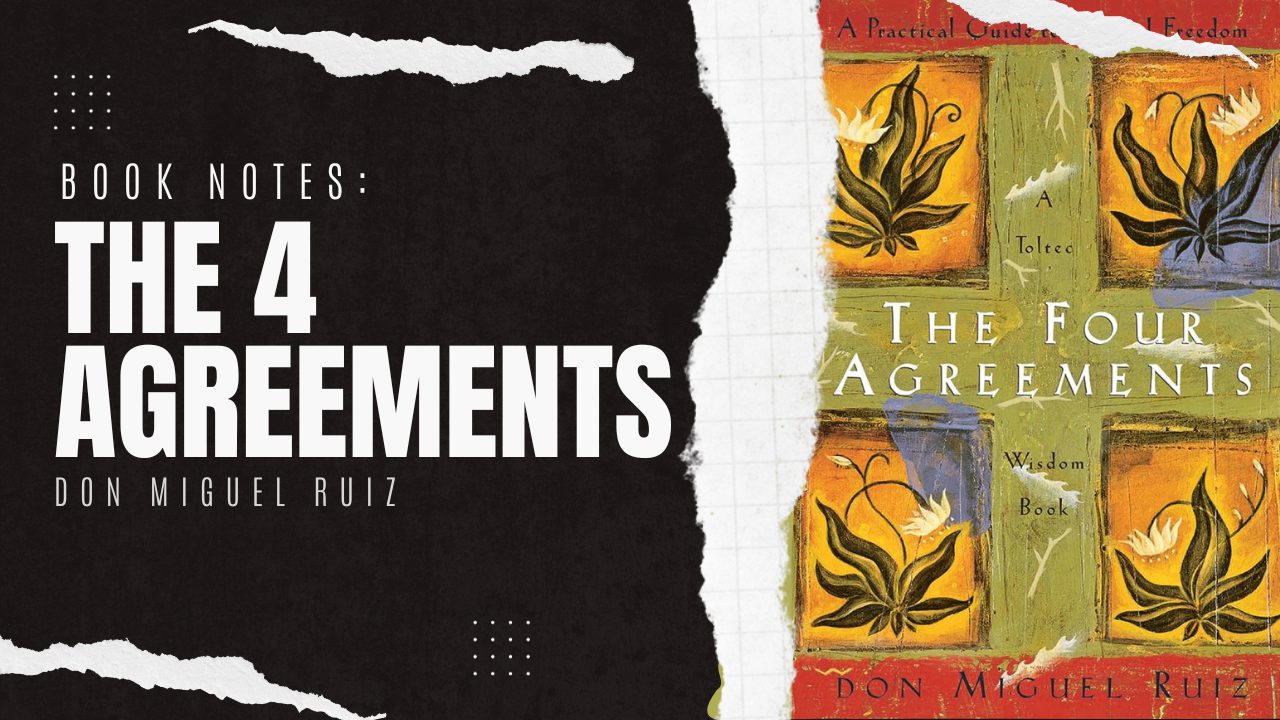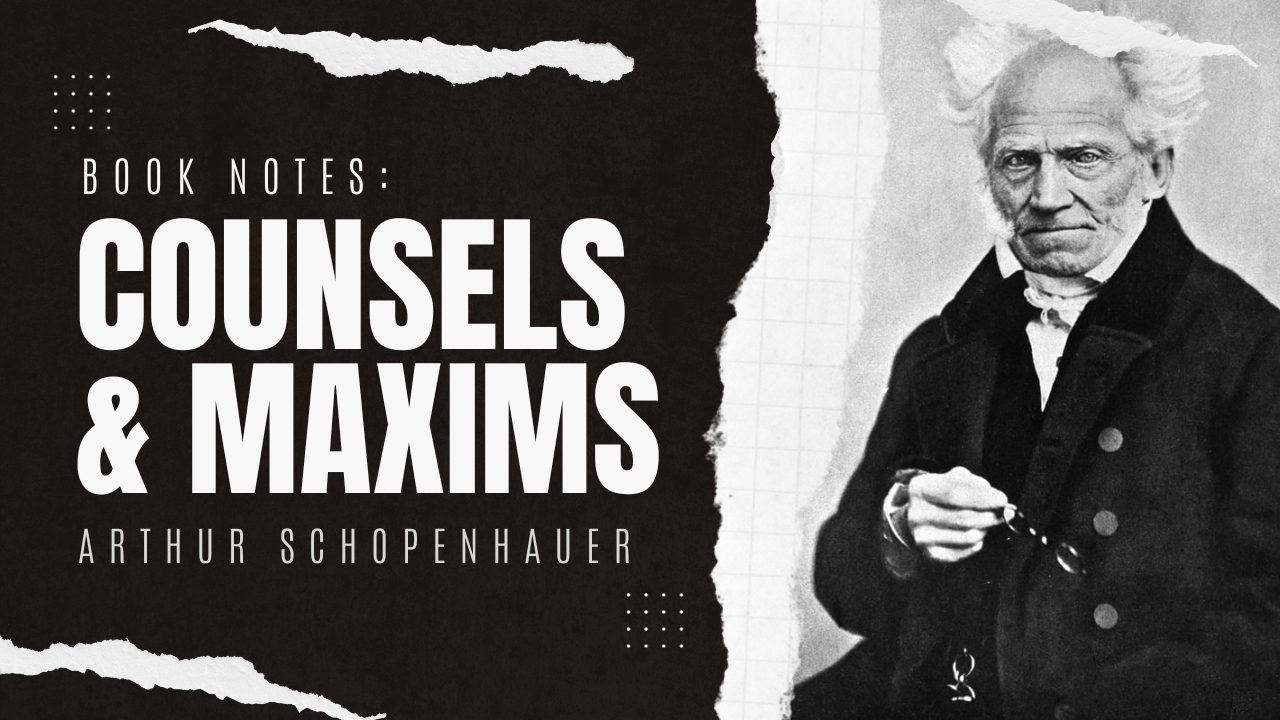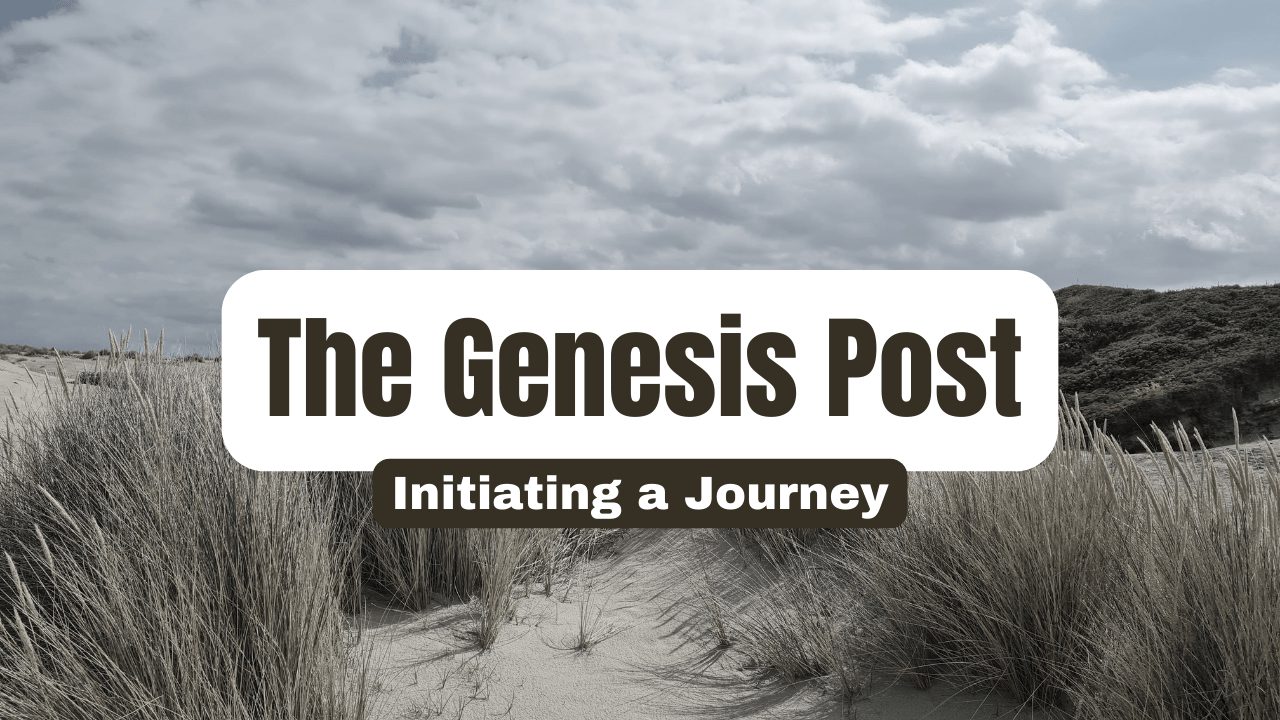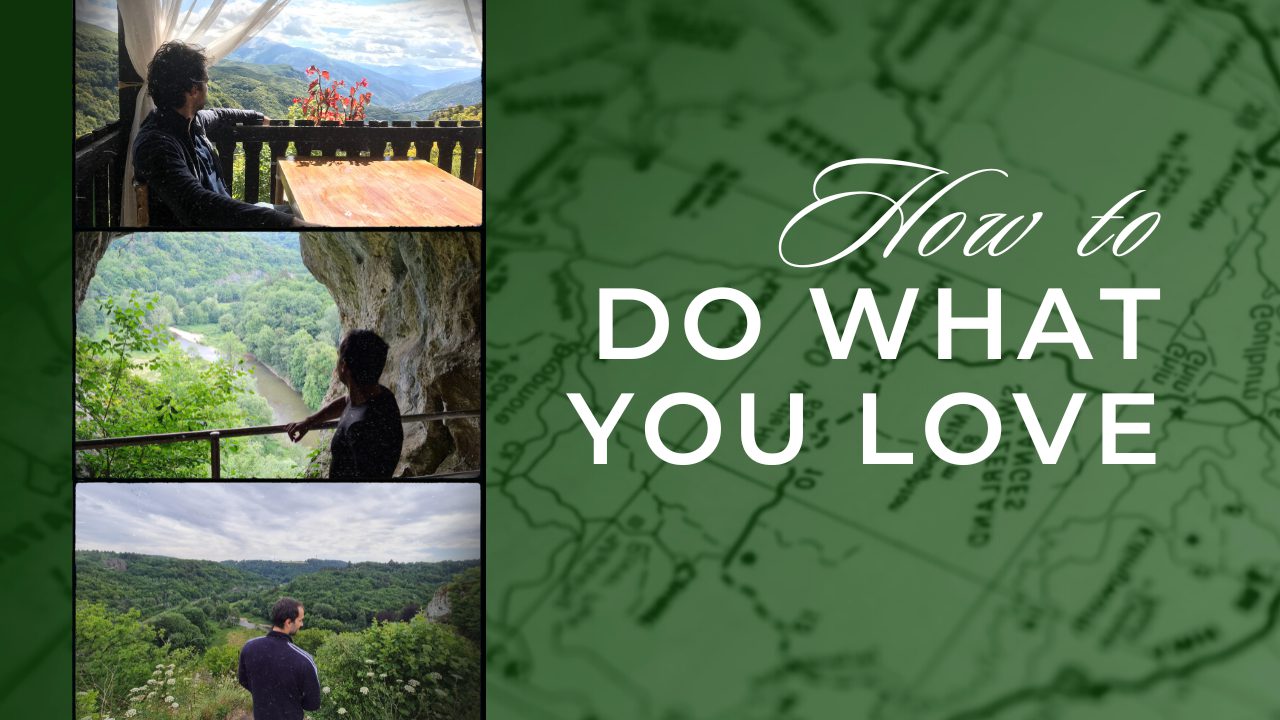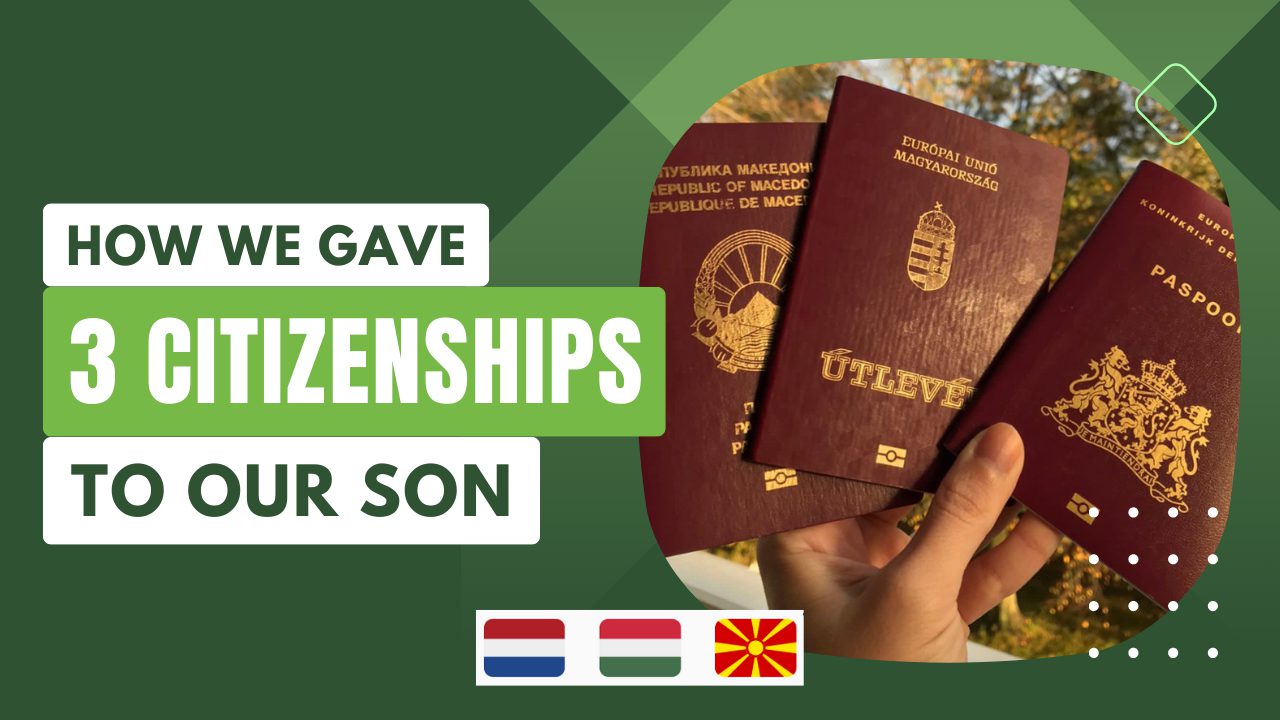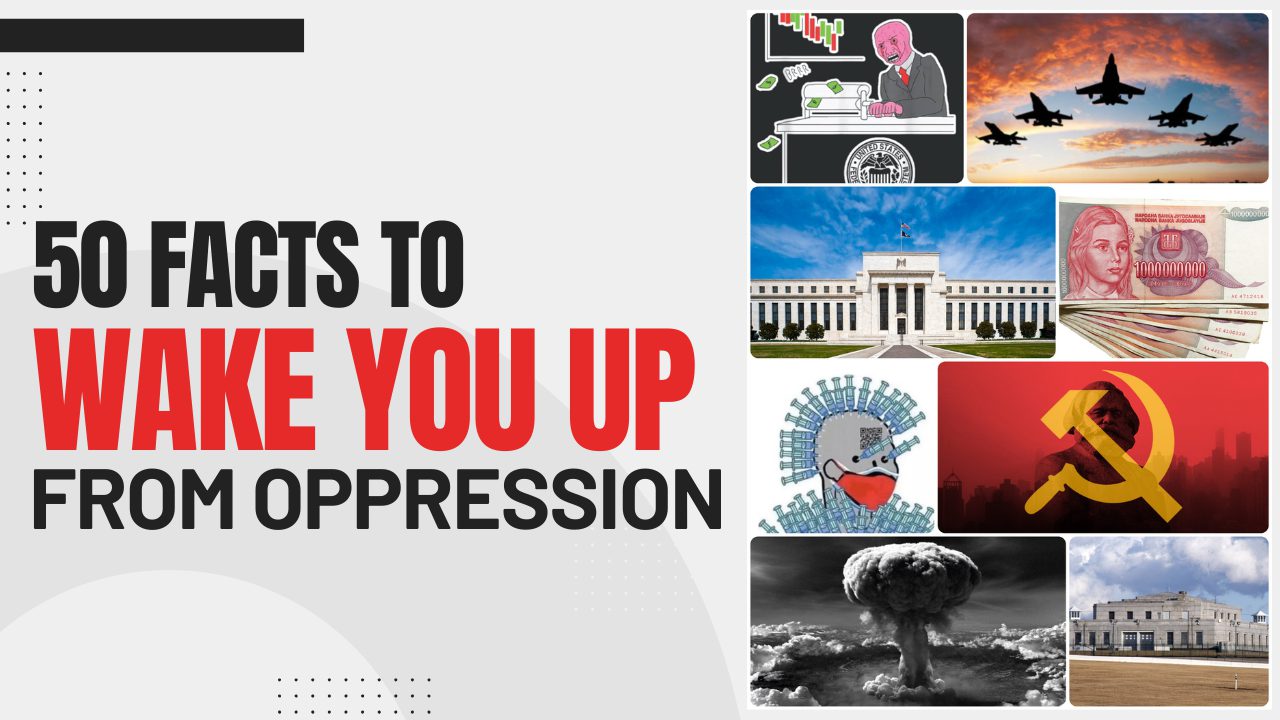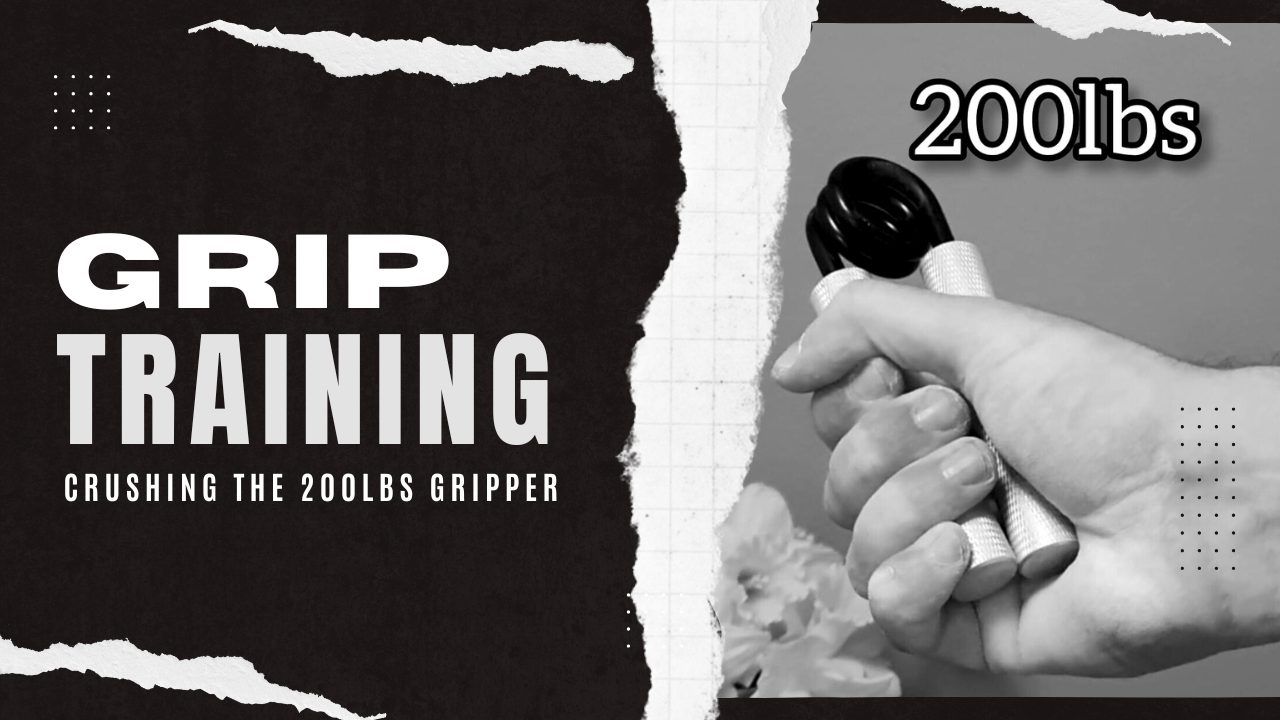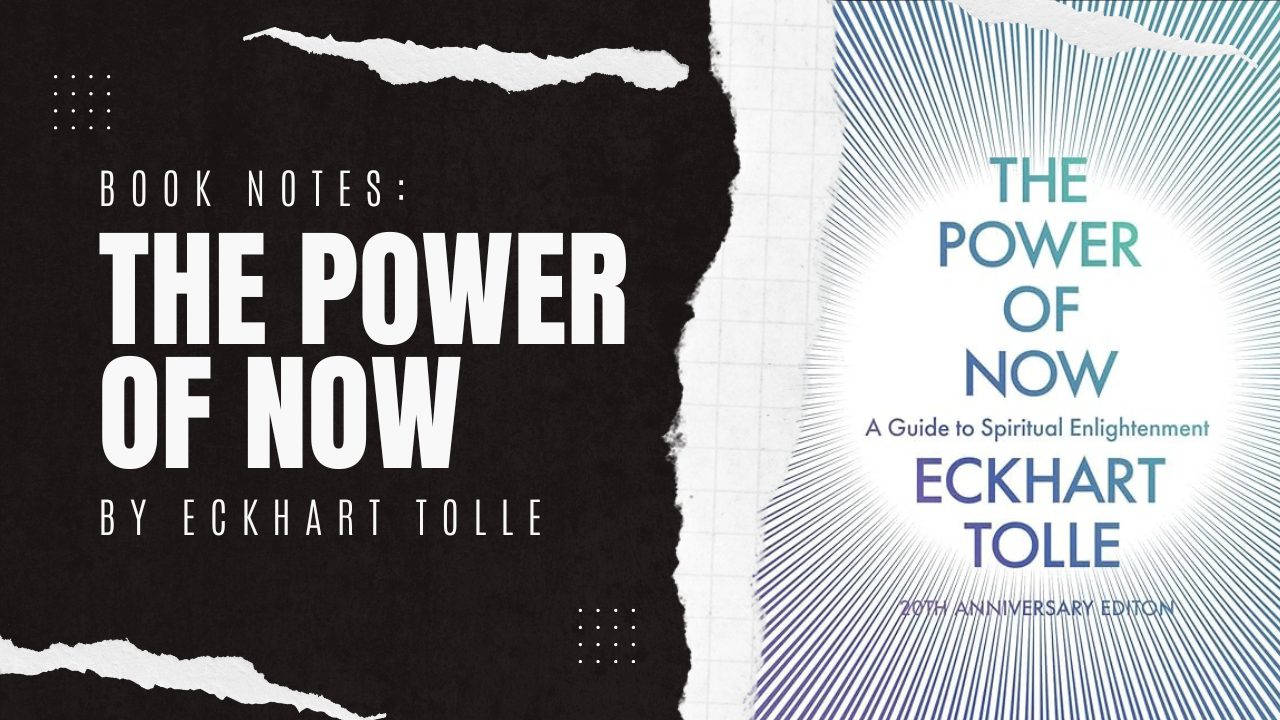
“The Power of Now: A Guide to Spiritual Enlightenment” by Eckhart Tolle is a book that can have a life-changing impact for many.
Especially for people that live with regret, worry, anxiety, or struggle with racing thoughts and overthinking. The whole spectrum, basically.
Eckhart Tolle maps out the journey towards “enlightenment” and the primary obstacle thereof – our mind. As the title suggests, the book emphasizes the transformative nature of living in the present moment, guiding readers to let go of ego-driven thought patterns and embrace a state of mindfulness and inner peace.
I think my notes capture and convey the essence of the book. Hopefully every reader can experience their Spiritual Enlightenment through it.
My Notes From “The Power of Now” by Eckhart Tolle
Unlike my other books notes posts where I structured my takeaways in condensed bullet points, I felt it’d be more adequate to leave full interpretations from this one.
After going through the book, I organized my notes into 3 categories:
- Internal
- Interpersonal
- Practical
Some of the paragraphs below are direct quotes and some are my interpretations of what resonated with me.
Internal Notes
- You are not your mind. To be identified with your mind is to be trapped in time: the compulsion to live almost exclusively through memory and anticipation. This creates a preoccupation with the past and future, without allowing the present to be. The past gives you identity, the future promises salvation or fulfillment. Both are illusions.
- As long as the egoic mind runs your life, you can’t be at ease, except momentarily – when a crave is fulfilled. Dangerous activities force some people to be in the Now (mountain biking, bungy jumping, etc.), free of thinking, free of time, free of problems. You can enter that state without these.
- All negativity is caused by an accumulation of denial of the present. Unease, anxiety, tension, stress, worry – all forms of fear, are caused by too much future and not enough presence. Guilt, regret, resentment, grievances, sadness, bitterness, and all forms of non-forgiveness are caused by too much past, and not enough presence.
- “I can’t reach the point when I’m free of all problems” – You are right, you can never reach it because you are at that point now. There is no salvation in time. You can’t be free in the future. Presence is the key to freedom, so you can only be free now.
- Negativity is unnatural. How many trees are negative? Are there frogs with low self-esteem? Depressed flower? A bird that keeps hatred? “I have lived with several Zen masters – all of them cats. Even ducks have taught me important spiritual lessons.”
- “Forgiveness” is a popular term. But you can’t forgive yourself until you derive a sense of self from your past. Only Now renders the past powerless. And then you have nothing to forgive.
- Break the pattern of rejecting the present moment. Withdraw attention from the past and future when it’s unnecessary. If you can’t enter the Now, watch your mind’s habit of trying to escape it. Through self-observation, more presence comes automatically. The moment you realize you’re not present, you are present. If you observe your mind, you’re not trapped in it.
- When you surrender to what is, the past ceases to have any power. Presence is key.
Interpersonal Notes
- When the world throws you a test (someone is rude or tries to hurt you), just let it pass through you. No resistance, defense, attack, or withdrawal – as if there’s nobody to get hurt. You become invulnerable.
- Only an unconscious person can be manipulated and used. If you fight other peoples’ unconscious behavior, you become unconscious yourself. Reject participation with absolute non-resistance.
- Observe your defensiveness when you feel attacked. Observe the aggression that builds up before countering an argument. Observe the attachment to your opinions. That’s all from the egoic mind. Once you acknowledge this, you’re fully conscious. And then you have a choice – do nothing. Surrender. Not with an attitude of “I’m above this nonsense”, but simply letting it go. You are not your ego, you’re not your mind.
- Practically, sometimes we’re forced to engage. Act accordingly, but don’t sacrifice your inner state. You are in control of yourself. Not someone else and especially not your mind.
- If you hold resentment towards someone, you believe that they had a choice… That they could’ve acted differently. That’s an illusion. As long as their mind is making decisions, that’s not “them”. How can you resent someone’s illness? The only appropriate response is compassion.
Practical Notes
- Be mindful of everything you do – when you take steps, when you move, when you wash your hands – experience the feel of the water, the movement of the hands, the scent of the soap, etc.
- Stay present and be an observer to what’s happening inside of you. Shed awareness not only to the emotions but also to “the one that observes”, the silent watcher. This is the power of the conscious presence.
- The Zen master Rinzai asked his students “What, at this moment, is lacking?”. A powerful question which doesn’t require an answer but focuses your attention to the Now. Another one is “what will my next thought be?”. Become alert and wait for it.
- When you catch yourself venturing into judgement, resistance, tension, unrest… Just shed some consciousness to it and it all dissolves.
- If you need to do something, do it now. If you don’t, accept your inactivity/laziness/passiveness and enjoy it fully. You don’t need resistance or negativity. “I’ll do it another day” renders the present as a mean to an end and never good enough.
- TLDR If you mindfully focus your attention to your physical body, you’ll be in the present. You can’t get distracted by the outside world nor the mind.
- Forgive yourself for not being at peace. The moment you completely accept your non-peace, it becomes transmuted into peace. Acceptance will get you there. This is the miracle of surrender.
Commentary
It was a truly fascinating book.
The most important concept to digest would be the distinction/non-identification between our mind and ourselves.
I actually found quite some similarities in the conclusions of this book and some of the ones I already wrote about. Meditations, The Four Agreements, and Overcoming Unwanted Intrusive Thoughts all recommend a variation of the same: observing oneself from a third person perspective.
Each with a different approach and different reasons, but all coming to the same conclusion.
It’s definitely something to be explored.
Luckily, it also coincides with my long-term goal of “mindfully embracing the boredom of the mundane existence”.
Don’t think. Just be.
 Husband & Father
Husband & Father  Software Engineer
Software Engineer 

